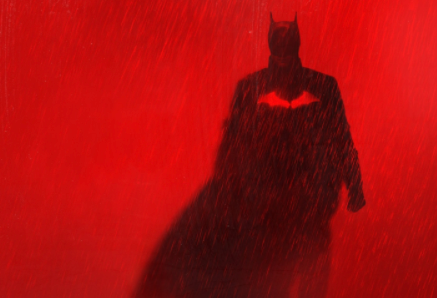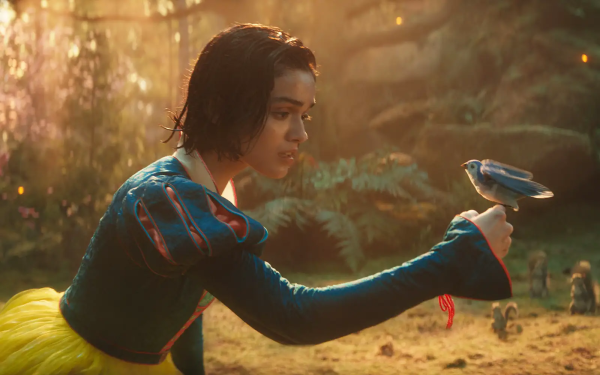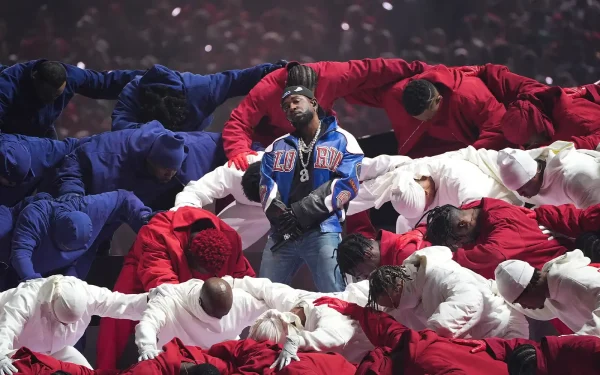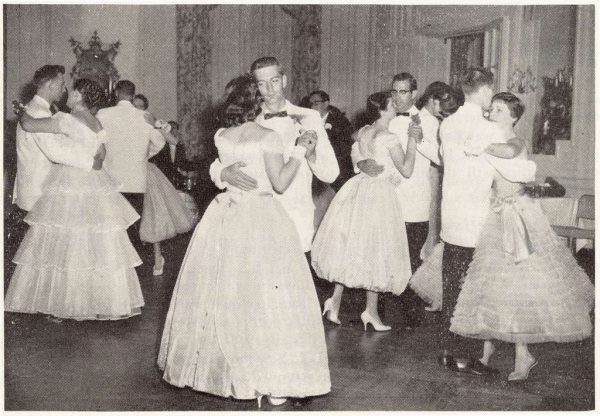The darkness of “The Batman” … and why it works
Robert Pattinson’s first feat as the Caped Crusader is a dreary, black take on the character, but that’s no disadvantage.

PC: DC Films
WARNING : The following article contains spoilers for The Batman.
The Batman flew into theaters over the weekend, and it’s undeniably the dullest the character has ever been on screen. That’s not a criticism, but a compliment.
As time has passed since Tim Burton’s 1989 original, every film featuring the Dark Knight has strayed further from comic book fun and gone more into grounded narratives. Christopher Nolan’s Dark Knight trilogy brought more of the crime genre and introduced some of the most engrossing stories to involve the character at the time.
However, director Matt Reeves does with The Batman what nobody has done before and fully plays into the mystery of it all. Batman is known as the world’s greatest detective, but until now, no movie had really tackled that side of him. With the latest, Bruce Wayne dons the cape less to beat up criminals (though there’s certainly a lot of that), but more to find clues and solve riddles.
“What makes The Batman the best comic book movie of all time for me is its portrayal of the detective side of Batman,” said Hills junior Gunner Ferrall, who labeled the film as “peak fiction.”
The threat Paul Dano’s Riddler poses to Gotham City as well as the character of Bruce Wayne is immense and a constant sense of dread looms over the film. The villain has been a fan favorite among Hills students, a common praise being how “Riddler understands how Batman is his competition intellectually.” The music elevates that mood created by him greatly, with Michael Giacchino’s instrumentation creating arguably the best comic book movie score in recent memory.
The Batman might be a big-budget blockbuster, but more care is put into the bleak atmosphere than anything else. Every sequence has large tinges of noir reminiscent of thrillers of the past to the point where comparing it to something like Se7en does it more justice than any other superhero movie to release recently.
Gotham is a rainy city, a large portion of scenes take place at night, and Batman’s shadowy demeanor and the city’s reaction to that is what ultimately sparks Bruce Wayne’s character arc. Wayne’s arc is an interesting one, as most of the movie is dedicated to the plot rather than characterization. Still, it achieves everything it sets out to do and more.
One of the movie’s closing moments is narration from Bruce. The first time audiences got this was in the film’s opening, when he comments on how Batman is a symbol of fear to the criminals of Gotham. However, following the climactic showdown with Riddler’s followers, he comes to the realization that Batman needs to be a symbol of hope to the city’s people as well.
The narration bookends the story nicely and hammers home the idea that Batman should be a hero first and foremost instead of the vigilante several characters call him insultingly. It’s an interesting idea for Matt Reeves to leave the audience with in the movie’s final moments, but visually, the dark tones of the cinematography compliment it nicely.
The screen is so often drained of bright hues, but not just in pursuit of a muted color palette. It’s also because Batman doesn’t realize he needs to be a light to the people of Gotham until the final 10 minutes.
One sequence shows Batman cutting the power to a club and beating up a group of crime boss Carmine Falcone’s men in a hallway. The only things to light the scene are the quick bursts of gunfire from the henchmen, so most of the action takes place in total darkness. Contrast this with the end of the climax, when Batman leads the mayor elect and many other citizens to safety, holding a flare to light the way.
Robert Pattinson takes these moments and does the absolute most with them. His physical presence in the costume is intimidating and the portion of stunts he did himself really shine as great action scenes.
“Pattinson really feels like someone who invokes fear in people,” said junior Ben Hoffman. “It’s something previous Batman actors haven’t been able to pull off as well as him.”
The actor’s take on Bruce Wayne is one that hasn’t been seen in film before, a more reclusive version of the character than someone like Christian Bale’s, who echoed more of the “billionaire, playboy, philanthropist” aspects.
It’s too early to say Pattinson is better than Bale as the alter ego (which the character considers to be Bruce, not Batman) since the latter actor had a full trilogy to flesh out the character. Pattinson has only gotten one film so far, but his future as the Batman looks promising.
Seniors John Pieratos and Garrett Wynne felt satisfied as well, respectively stating “Pattinson is strong as a stoic vigilante persona and he never drops that,” and that he “has broken any Twilight stereotypes by navigating a beaten character excellently.”
Every other performance stands out as great too. Zoë Kravitz brings a feminine edge that improves upon the role of Catwoman, Paul Dano’s calculated-yet-insane portrayal of the Riddler makes for the best Batman villain since Heath Ledger’s Joker, and Jeffrey Wright as Lt. Gordon plays off of Pattinson spectacularly in a detective duo. Colin Farrell is also flat-out unrecognizable as Penguin, which goes to his credit as well as the hair and makeup department.
Matt Reeves might not be doing the same thing as others to helm Batman films, but he’s taking the character in a welcome new direction. The fact that a three-hour noir thriller can make $134 million in its opening weekend should speak to the great job he and Warner Bros. did with this latest feature.
“It was a Batman film in its truest form,” Pieratos commented, “and it’s one of the most engaging movie experiences I’ve had to date.”
For all its dark atmosphere, The Batman shines as one of the greatest superhero films in a very long time, and it stands far and away as this year’s movie to beat.
The Batman is now playing in theaters.

Hills senior Ethan Kaufman is excited to be a part of the Trailblazer staff for another year. He wrote for the publication a few times his freshman year but became more involved his junior year as a staff member. This year, Kaufman is looking forward to editing the Arts & Entertainment section and assisting in editing for the Sports section.
Fun fact: Kaufman watched 671 movies in the span of a year.











































